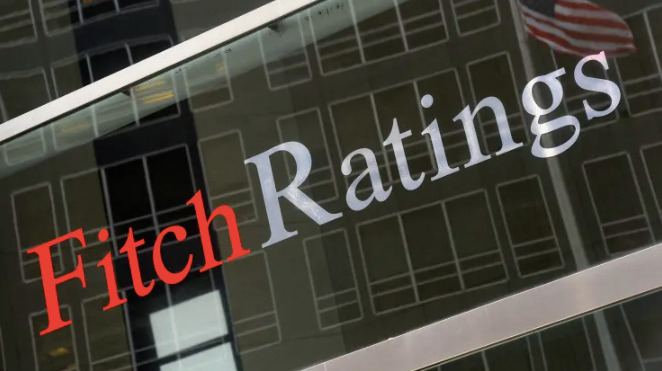A look at ESG investing in America

Image: Andrey Popov/Shutterstock
Executives and lawmakers across the US are increasingly moving away from investing based on environmental, social, and governance (ESG) considerations – a strategy that essentially puts other priorities, like increasing diversity or reducing carbon emissions, on equal footing with financial returns.
🤔 What’s going on?... The number of S&P 500 companies citing “ESG” on their earnings calls has fallen by more than half since peaking at 156 in Q4 2021, according to a recent Fact Set study.
On the legislative side of things, at least 165 anti-ESG bills have been introduced so far this year in mostly GOP-led states (19 of which have passed). That’s up from a total of 39 such bills introduced last year.
⏩ Driving the moves: Some experts and Republican lawmakers cite statistics indicating it’s virtually impossible to track many companies’ progress on ESG issues. Just over a quarter (27%) of all global firms had any ESG metrics or key performance indicators in place as of August 2022, and only 3% had a full set, per the Harvard Business Review.
What’s more, a recent analysis found over 65% of the 702 companies in the Forbes 2000 with net-zero emissions pledges haven't clarified how they’re going to achieve that goal – aka all bark and no bite.
- Also worth mentioning: institutional money managers typically charge 40% more to manage ESG funds than traditional funds, per HBR… but they often have the same or similar top holdings compared to regular funds.
📝 Zoom out: While many companies have stopped publicly talking about ESG investing, they haven’t necessarily stopped doing it. A recent report from climate finance firm South Pole found one-quarter of the 1,200 large private companies with future climate targets don’t plan to publicize their goals. And public businesses are increasingly swapping out the catch-all term “ESG” for language that clearly defines their specific initiatives, Axios reports.
📊 Flash poll: In general, do you support investing based on ESG considerations?
See a 360° view of what media pundits are saying →

Sprinkles from the Left
- Some commentators argue that companies are currently caught between a rock and a hard place with no clear path to popularity, since right-wing commentators will be upset at their ESG investing attempts, while left-wing commentators will be upset they aren’t doing enough ESG investing.
- Others contend that companies – and capitalism itself – simply aren't structured to allow legitimate ESG investing to occur, with current attempts falsely leading many investors to believe their portfolios are doing good for the world.
- “ESG investing is a culture-war battle that both sides might lose” –Duncan Mavin, WaPo
- “One of the Hottest Trends in the World of Investing Is a Sham” –Hans Taparia, NY Times
- “The responsible investing boom is over. Can anything replace ESG?” –Nicole Goodkind, CNN

Sprinkles from the Right
- Some commentators argue that investment firms and pension funds shouldn’t be allowed to play politics with money that belongs to other people, who are expecting decisions based solely on financial reasons.
- Others contend that conservatives should keep fighting against ESG investing by companies and pension funds because it’s a fatally flawed investment paradigm that’s premised upon unreliable data.
- “Investment firms shouldn’t play ESG politics with other people’s money” –Washington Times Editorial Board
- “How Conservatives Can Get ESG Right” –Terrence Keeley, National Review
- “The Rising Backlash Against ESG Investing” –Jerry Baker, WSJ
Share this!
Recent Discussion stories

Discussion
| August 9, 2023How should America handle the ongoing war in Ukraine?
🇺🇦🏛️ It’s been nearly 1.5 yrs since Russia first invaded Ukraine, and Americans’ views on their government’s role in the conflict are changing.

Discussion
| August 7, 2023Self-driving vehicles in America are at a crossroads
🤖🚗 This week, a California regulatory board will vote on whether Waymo and Cruise can expand their fleets of driverless taxis in San Francisco and establish competing ride-hailing services. A battle royale between regulators and autonomous-vehicle operators is brewing.

Discussion
| August 4, 2023The story behind America’s downgraded credit rating
🇺🇸⬇️ This week, credit agency Fitch downgraded the US govt’s perfect AAA rating by one level to an AA+. It’s the first time the US has been downgraded since 2011, and the second such occurrence in over a century.
You've made it this far...
Let's make our relationship official, no 💍 or elaborate proposal required. Learn and stay entertained, for free.👇
All of our news is 100% free and you can unsubscribe anytime; the quiz takes ~10 seconds to complete